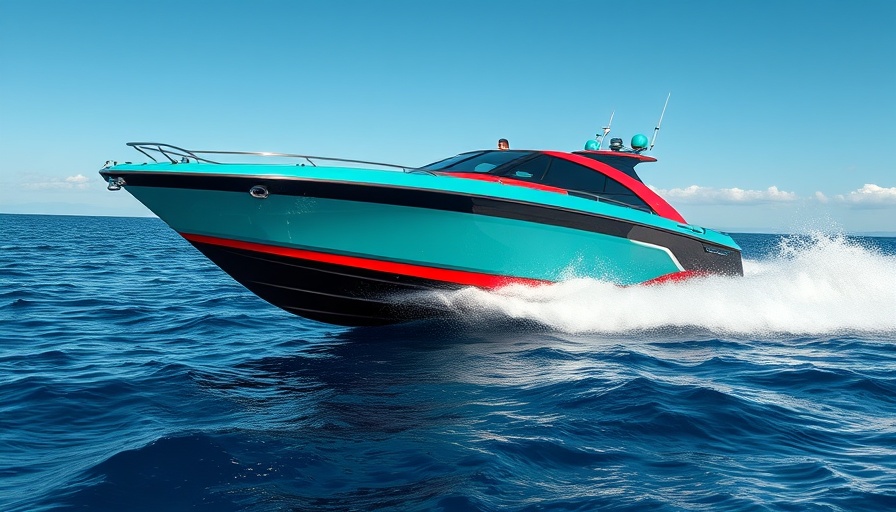
Empire Wind Project: A Turning Point in Renewable Energy
The Trump administration's decision to lift the stop work order on the Empire Wind project marks a pivotal moment for renewable energy initiatives in New York and beyond. With the future of thousands of jobs and clean energy supply for homes at stake, this move signals a renewed commitment to advancing energy infrastructure in the U.S.
What Sparked the Controversy?
Initially, the Empire Wind project faced a halt due to the stop work order issued by Secretary of Energy Doug Burgum. This order was seen as a significant setback for the fully-permitted project aimed at harnessing wind energy off the coast of New York. Governor Kathy Hochul had vocally opposed the halt, arguing that it jeopardized vital jobs and the state's energy goals. Her resilience, along with collaboration from various sectors, played a crucial role in persuading federal authorities to reconsider the order.
The Economic Impact of Lifting the Order
Governor Hochul emphasized the economic ramifications of the Empire Wind project, estimating it could support up to 1,500 union jobs while providing power to 500,000 homes. Resuming this project not only ensures job retention but also fosters economic growth through supply chain investments across multiple states. The reliance on clean energy sources aligns with broader national goals for sustainability and energy independence.
A Collaborative Effort for Change
Equinor, the project's developer, expressed gratitude for the collaborative efforts that led to lifting the stop order. President and CEO Anders Opedal noted the importance of partnerships with government leaders and labor groups, illustrating that progress in renewable energy heavily relies on communication and collaboration. This case demonstrates how stakeholder engagement can influence pivotal policy decisions in the energy sector.
Future Predictions for Renewable Energy Development
With the Empire Wind project back on track, it raises questions about the future of similar renewable energy projects across the U.S. as they navigate regulatory hurdles. The streamlined communication between Equinor, government officials, and labor organizations may serve as a model for other projects facing similar challenges. As the demand for clean energy grows, so does the urgency to overcome bureaucratic barriers to enhance energy efficiency across the nation.
Community Support and Public Sentiment
The lifting of the stop work order has been met with applause from various community stakeholders. Local unions, energy advocates, and environmental groups have rallied around the Empire Wind initiative, showcasing a collective desire for a greener future. This project has the potential to serve as a symbol of progress, motivating other underserved communities to advocate for renewable solutions in their regions.
The Broader Context: Clean Energy in America
The Empire Wind project's revival is part of a wider narrative on America's clean energy landscape. As national policies continue to emphasize the shift towards renewables, this move underscores the need for dedicated efforts to balance energy needs, economic viability, and environmental sustainability. The success of this project could inspire similar initiatives slated to emerge in other states as part of a global transition towards greener energy solutions.
Conclusion: Take Action for a Sustainable Future
As the Empire Wind project resumes construction, the emphasis on clean energy solutions becomes even more critical. Understanding the pathways that enable these projects can lead to greater community engagement and support for future initiatives. Now is the time for individuals and civic leaders alike to advocate for sustainable projects that promise to enrich our economy and environmental health.
 Add Row
Add Row  Add
Add 




Write A Comment